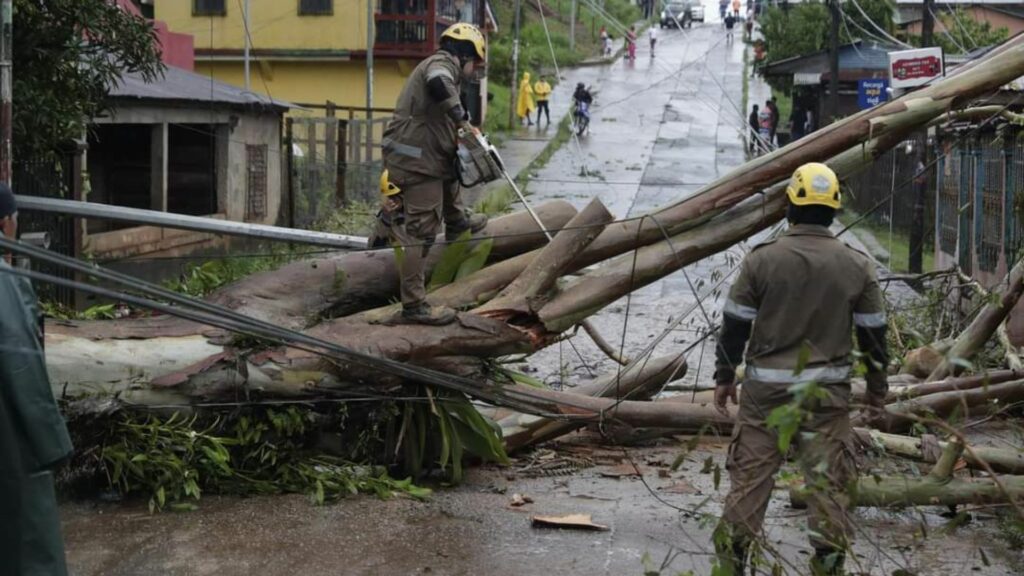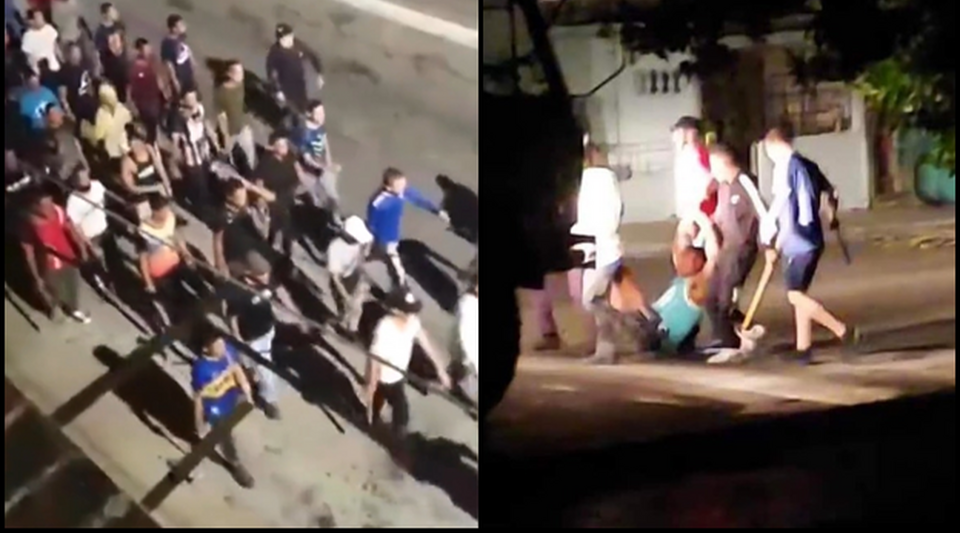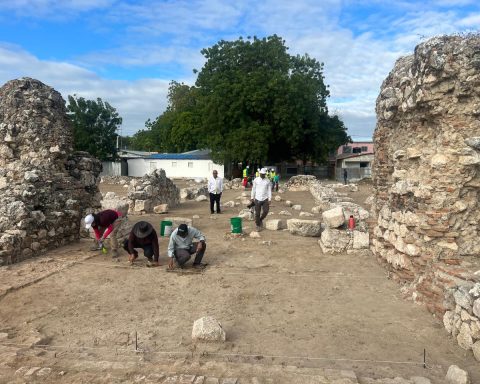As a parliamentary coalition, Va por México is broken. The leaders of the PAN and PRD announced the “temporary suspension” of agreements with the PRI. They blame Alejandro Moreno, national leader of the tricolor, who promoted in the Chamber of Deputies an initiative that extends until 2028 the transition period in which the Armed Forces will be able to continue in public security tasks.
Instead of the five years stipulated in the 2019 constitutional reform by which the National Guard was created, now the federal government will have nine to convert it into the civil and professional institution that Article 19 of the Magna Carta speaks of. In three years, progress in demilitarization has been practically nil. President López Obrador will be able to conclude his six-year term without any pressure for the National Guard to become a professional body separate from the army, under the leadership of a civilian command.
For this reason, the Tabasco politician endorsed the proposal of the PRI deputies. He instructed the Morena, PT and Partido Verde benches to support her. Together they achieved a qualified majority in the Chamber of Deputies to move it forward.
In the Senate, the political operators of the President of the Republic managed to break the “containment bloc”. Nine PRI senators ended up voting in favor of the same initiative with a few minor changes, despite the fact that almost all of them had spoken out publicly against it. Two more senators from the PRD provided the additional votes that Morena and his allies needed to achieve a qualified majority in the upper house.
The new version of the initiative is back in the Chamber of Deputies. It is expected that this week it will be approved and begin its journey through the state legislatures. This will complete the first constitutional reform since the 2021 legislative elections, in which the opposition alliance was formed. It counts as such, even if only a temporary provision changes.
In reality, however, the reform does not change anything. It was done so that everything remains the same in terms of public security, despite the failure of the policy to reduce violence. López Obrador’s government is poised to become the bloodiest in Mexican history. Last September it reached 133,500 intentional homicides. It is shaping up to surpass in the coming months the macabre record of 156,000 violent deaths registered during Peña Nieto’s six-year term.
But the initiative to prolong the participation of the Armed Forces in public security has served to put the opposition alliance in check. It remains to be seen whether it will continue to stand in the 2023 gubernatorial elections for the State of Mexico and Coahuila. If it dissolves, it will be even more difficult to reassemble it by 2024.
The breakdown of the opposition alliance opens the doors wide for Morena to consolidate its territorial dominance and reach the 2024 presidential elections without real competition. The main affected would be the PRI, which without the votes of the PAN and PRD runs the risk of losing two of the three states that it governs today.
The opposition alliance makes a lot of electoral sense for the PRI. Since López Obrador became president, he has not been able to retain a single state where he governed. He has delivered the squares one after another. His only victory was in Durango, thanks to the votes of the PAN.
The opposition coalition represents for the PRI the best opportunity to erect a line of defense against the advance of Morena and her allies in the states that she still governs. But the personal interests of its leaders seem to go in another direction. If they prevail, they will end up turning the PRI into a satellite party of Morena. There will be no PRIMOR, the tricolor will suffer the same fate as the Green Party.
*Professor at CIDE.
Twitter: @BenitoNacif

















